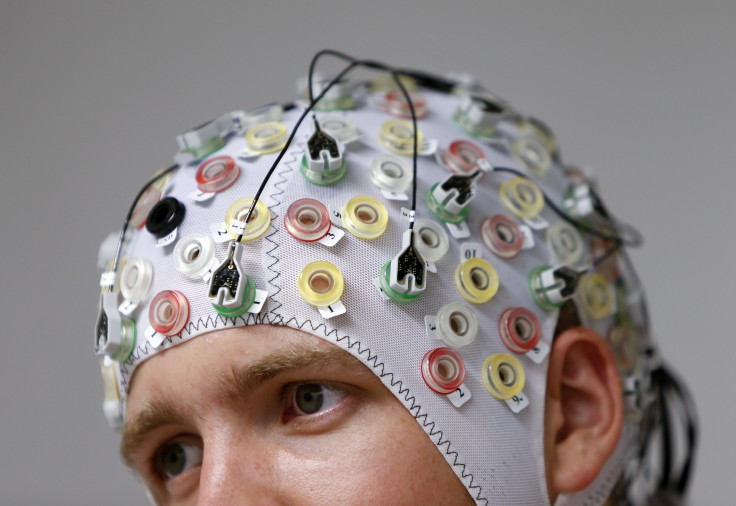Neuroscience Is Confusing And Irrelevant To A Lot Of People

Popular culture has finally borrowed something from the geeks and reappropriated it: the “hacker.” Everyday folks aren’t breaking into their CPUs to reengineer their desktop computer, but they will flock to an ingenious way to stop their headphone wires from tangling. Why, then, is the science behind such a booming set of niche skills given zero credit?
The truth is, people like neuroscience; they just don’t know how to use it. These are the findings of a recent study into public perception of the field. Too often, the researchers found, people’s opinion of neuroscience tops out at lukewarm. They think the science is cool but not applicable to their daily lives.
“It’s something you might occasionally read an article about and say, gosh, that’s interesting, and then turn over the page,” one respondent said. Others called it “confusing,” “irrelevant,” and something that “hurts my head,” even if it is “quite interesting.”
These attitudes were collected as part of an experiment involving two groups of people who were either made to read a serious newspaper or a tabloid. In many cases, the responses showed no preference for either group. People held steady on viewing neuroscience as some other-worldly set of ideas. Science is left up to the scientists, people tended to imply, just as medicine is left up to the doctors. Some participants reported seeing little media attention on the issue, which they cited as a factor in not being able to relate. Others saw the field as strictly a negative, in that neuroscience is only worthwhile when something goes wrong.
“I thought of brain surgery,” one woman said. “As soon as you said brain research, I don’t know, I just thought of someone picking at a brain, like dissecting, figuring what parts are what.”
Brain science is much more than medical probing and abstract empirical studies, of course. Thanks to neuroscience, people can understand why they exhibit certain behaviors, and learn strategies to hack their daily lives toward better, smarter health. They can learn why smoking is such a hard habit to break or how to reorganize their grocery list to make weight loss easier. Sure, neuroscience is responsible for needling complex areas in the brain, but the findings of such needling aren’t confined to a lab.
Two obstacles preventing this diffusion are concepts known as “objectification” and “anchoring.” Objectification describes the kneejerk reaction people have to fit people into certain boxes. A third of the people in the study heard scientist and immediately conjured the formulaic picture of a male in a white lab coat, sometimes with frizzy hair like Einstein’s. Similarly, they heard science and immediately tied it to highfalutin images of school, animal research, and scientific equipment.
The other obstacle, anchoring, emerged in a quarter of all subjects. Anchoring occurs when people don’t have a mental apparatus to which they can “anchor” an unfamiliar term, so they use prior experience that they think is similar. Researchers found people commonly used the imagery of textbooks and classrooms as anchors for science, as opposed to a more general method of inquiry and skepticism that people can apply in their daily lives. “For many,” the researchers wrote, “the word brain immediately evoked the more general concept of science.” And rarely did science hook onto anything of practical value.
For neuroscientists, getting the general public to care about their work is largely a branding problem. People don’t easily let go of their past experiences and associations. Corporations run into this problem all the time, so they enact a new strategy to get people thinking about the subject in a different light. Most of the time, brain science relies on news media (ahem) to pick up that slack. But there are always those select groups of people whose minds can’t be changed, no matter how relatable scientists try to make the brain.
“People may actively resist contemplating their own bodily interior,” wrote the researchers. “As a result neuroscientific knowledge may remain remote from everyday life. A ‘neuro society’ may be more theoretical fantasy than lived reality.”
Source: O’Connor C, Joffe H. Social Representations of Brain Research Exploring Public (Dis)engagement With Contemporary Neuroscience. Science Communication. 2014.
Published by Medicaldaily.com



























